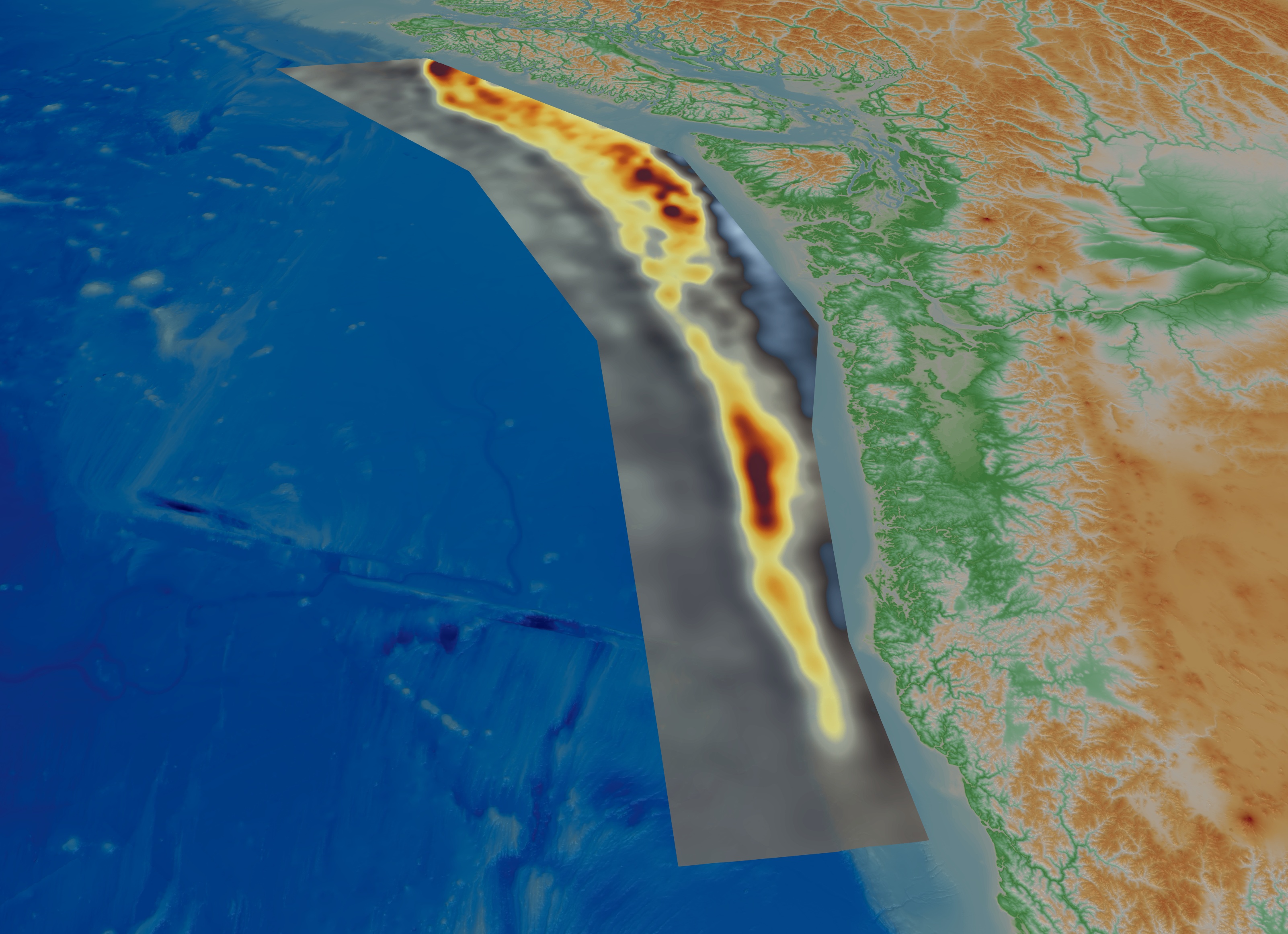A research team led by Omar Ghattas, principal faculty member at the Oden Institute for Computational Engineering and Sciences at The University of Texas at Austin has been named a finalist for the 2025 Association for Computing Machinery (ACM) Gordon Bell Prize. The team’s research – developing an advanced, real-time tsunami forecasting system using digital twin models – could dramatically improve early warning capabilities for coastal communities near earthquake zones.
In addition to Ghattas, Director of the Optimization, Inversion, Machine Learning, and Uncertainty for Complex Systems (OPTIMUS) center at the Oden Institute, team members include Stefan Henneking, research associate in the OPTIMUS center, Sreeram Venkat, student in the Computational Science, Engineering, and Mathematics (CSEM) program and member of OPTIMUS, and Milinda Fernando, research associate in the Parallel Algorithms for Data Analysis and Simulation (PADAS) group, all of the Oden Institute. The team also includes Alice Gabriel of the Scripps Institution of Oceanography at the University of California, San Diego, who brought earthquake modeling expertise to the project, and Veselin Dobrev, John Camier, and Tzanio Kolev of the Center for Applied Scientific Computing at Lawrence Livermore National Laboratory (LLNL), who are developers of the MFEM finite element library.
Their finalist submission focuses on a high-stakes challenge: Developing a real-time digital twin for tsunami early warning in the Cascadia Subduction Zone, located on the northwest coast in one of the most seismically hazardous regions in North America. The project combines high fidelity computational models, seafloor pressure sensor data, and state-of-the-art Bayesian inference to predict sea floor motion and resulting tsunami wave heights with quantified uncertainties in a fraction of a second. Delivering high fidelity forecasts to emergency managers in under a second enables them to issue targeted warnings and save countless lives.
